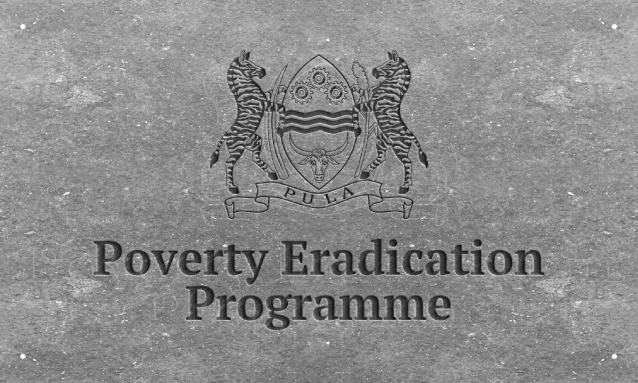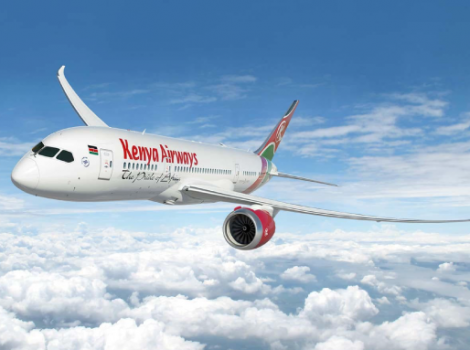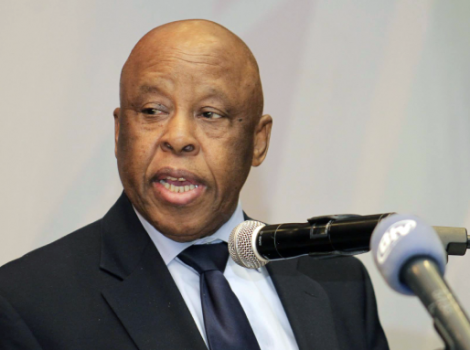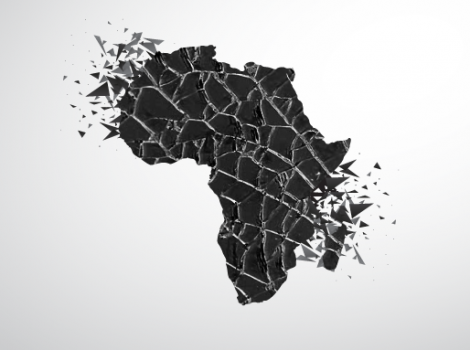
With its documented history of being one of the poorest nations to becoming one of the fastest-growing economies in Africa, Botswana seems to have achieved that rare feat at the expense of its citizens.
According to a report by the World Bank, the rich diamond southern African nation’s recent rapid growth has lifted thousands out of poverty, but many, nearly half of them children, remain poor or at risk of falling back into poverty. In an effort to address economic and social ills associated with poverty, the government in 2010 shifted its policy from poverty alleviation to a more robust approach of poverty eradication.
Commenting on the poverty eradication programmes, Assistant Minister of Presidential Affairs, Machana Shamukuni acknowledged that although the eradication of abject poverty required a lot of resources, the government had taken a deliberate position to reduce vulnerability in those with relative poverty to avoid inter-generational poverty. This, he said, was also in line with the government’s response to global efforts to eradicating absolute poverty, which is, of course, in line with the United Nations Millennium Development Goal (MDG) on extreme hunger and poverty. The programme continues to face challenges.
“As a government, we are concerned about people who abandoned their projects for formal or non-formal employment. This has the potential to hamper the government’s efforts to eradicate poverty,” said Shamukuni.
The junior minister admitted that a number of projects had failed while some had been abandoned across the country.
“The government is doing everything possible to assist beneficiaries with markets. The implementation of the programme needs community mobilisation, identification of the projects, training, resource mobilisation, marketing and of course, monitoring and evaluation,” said Shamukuni.
The government has come up with a list of packages which include home-based laundry, leather works, fashion design, tent hire, landscaping, hair salon, glass recycling, backyard tree nursery, fire beaters, conservation farming, jam and pickles, food catering, backyard garden, bakery, small stock, poultry, bee-keeping, chickens and fish farming and small stock rearing such goats.
One of the beneficiaries of the programme, Onalethata Moesi (45), commended the government’s efforts to help lift Batswana out of poverty but decried lack of market for some of their products.
“I have a garden that I’m currently tending to but the problem is that water bills are very high. It is also not easy to secure a market for my products. But at least the government has since banned the importation of some vegetable products so that grocery stores can buy from us,” she said.
Another beneficiary, Gideon Senwelo said he received money from the programme and invested in small stock such as sheep and goats.
“The problem that I encounter currently is the looming drought. Feeds are very expensive and my small stock has multiplied. Grocery stores and butcheries have been very supportive and I’m able to pay for my children school fees,” he said.
While the World Bank acknowledged that Botswana has drastically reduced poverty levels in the past decades, the prevalence of poverty is still regarded as too high for a country with an upper-middle-income status.
“Achieving further poverty reduction will be challenging with the pace of progress constrained by limited private sector job creation, particularly in urban areas and reliance on low productivity agricultural jobs in rural areas, combined with reduced credit growth and high levels of household indebtedness,” reads the report.
Source: apanews.net



